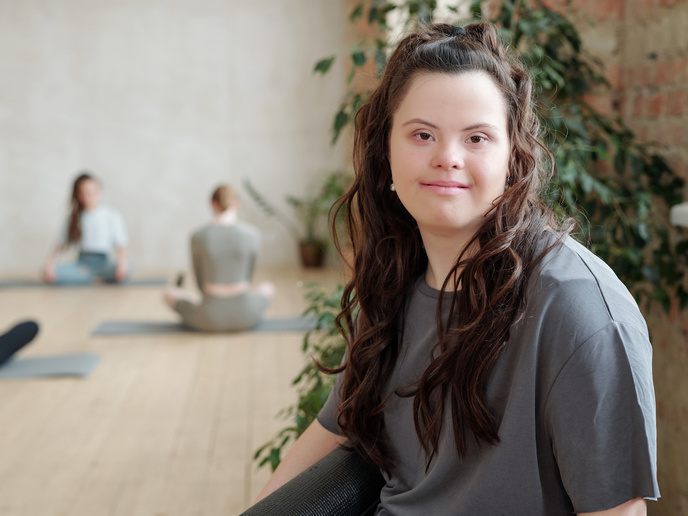Approaching next generation probiotics
Mounting evidence suggests that the health and composition of our gut microbiome(opens in new window) is fundamental to our own mental and physical health. Problems with the gut (microbiome) have been linked with a range of diseases, including diabetes, obesity and cancer. Probiotics(opens in new window) – beneficial live bacteria and yeasts – offer therapeutic potential, yet many current options fail to colonise efficiently when added into the human gut and use a limited set of bacteria. “Existing probiotics cover only a small fraction of the overall microbiome diversity,” explains Moran Kopel, Head of Product Development at Mybiotics Pharma(opens in new window), which hosted the EU-funded MBSelect(opens in new window) project. “Many traditional probiotics use bacterial strains that are easier to culture, but which haven’t necessarily co-evolved with the human host and therefore have limited health benefits,” he adds.
Moving toward Next Generation Probiotics
Microbiome researchers and companies are now working toward Next Generation Probiotics(opens in new window) (NGP). These are based on unique strains isolated from the human gut and offer a route away from a ‘one-size-fits-all’ approach to more targeted probiotics. Yet producing NGPs is challenging, and strict safety regulations mean the set of approved bacteria is still limited. The MBSelect project ran trials using two of MyBiotics’ patented technologies to improve the successful growth and deployment of Next Generation Probiotics, while also screening for the effects of various prebiotics(opens in new window) on human gut microbiome samples. “The MBSelect innovation enables, for the first time, the creation of ‘personalised’ and precise synbiotics(opens in new window) – a combination of bacteria and prebiotic materials such as fibres – to boost commensal(opens in new window) NGPs,” says Kopel.
Fermentation and improved screening
The MBSelect team used an innovative fermentation process that improves the efficiency of growing, delivering, and colonising target bacterium types in the gut. They designed specific probiotic products based on age groups – children, adults and the elderly – as the composition of the microbiome and health requirement changes over time. Using their screening system, the team also grew human microbiome samples in a lab and supplemented them with a variety of prebiotics. The effect of each prebiotic on the bacterial dynamic was followed and analysed using unique AI and machine learning tools. “This process isolated the microbiome population from the environment and allowed us to understand the actual dynamics in this complex ecosystem,” explains Kopel.
Toward personalised microbiome treatments
MyBiotics is now working with a few global business partners to commercialise their first range of products and are working to further develop their technology. This could make synbiotic treatments more precise, targeting groups based on geography, diet and a range of other factors that contribute to the unique composition of an individual’s microbiome. “Our approach aims to move away from targeting aggregated populations, and gradually focus more on detailed and segmented groups in the future,” Kopel says.







